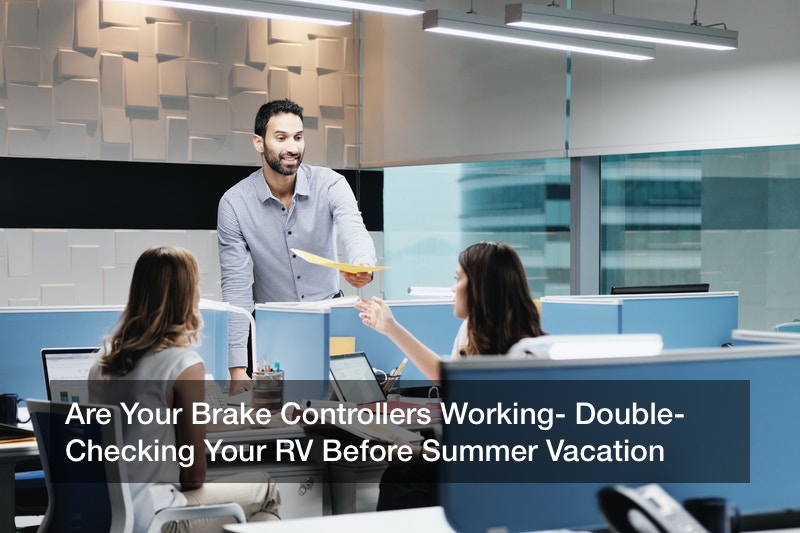Summer’s here and you’re raring to go. You’ve got your RV prepared and the long, hot weeks ahead all planned out.
Before you hit the road, however, you should look into updating your RV. Just like your car, regular maintenance is essential to staying safe and enjoying your trip. The best brake controllers should provide you fine motor control, holding up to repeated use without putting you into a compromising position. This goes double for any trailers you plan on attaching to your RV as you head to your favorite camping site. Consider taking a few minutes to look below and catch up on all things related to RV maintenance.
A little extra work now will save you a lot of teeth grinding during your vacation time. Here’s what you should know.
Take a look at the average American household and you’ll find at least one RV, if not two. The United States regularly sees millions of families traveling year-round for camping trips and family reunions — enjoying your spare time means not just preparing for the fond memories, but making sure you’re safe as possible. The best brake controllers are available for any type of RV and towable, as well as any lifestyle. Whether you take out your RV regularly or only use it during the summer, you’ll want to take extra care during maintenance. Controlling trailer sway is one such area you can focus on.
Your first order of business is to identify the type of RV you use. The two main categories used today are motorhomes (or motorized RVs) and towables (towed behind the vehicle. Recent studies have found more than 10% of American households headed by 35 to 55 year-olds own an RV, which is beyond the ownership rates of those over the age of 55. The United States is home to more than 15,000 public and privately owned campgrounds, with RVers able to roam freely for weeks or months at a time. It’s here you’ll find whether you’ll be using electric brake controllers or focusing on trailer sway.
Weight distribution systems are designed to keep you from tipping over during a road trip. They’re especially useful if your trailer weight is more than 50% of your vehicle’s weight. RV professionals have stated between 11% and 15% of the trailer’s weight should be resting on the tow vehicle’s hitch. Your trailer sway devices come in two basic types — you have those that reduce sway once it’s begun and those that work to prevent sway altogether. Seasoned RV owners and new RV buyers alike should reach out to a professional service to make sure they get this part right.
With over 30 million RV enthusiasts around the nation, it can’t be stressed enough the safety inherent to maintenance. Even if your purchase is new there is always potential for an accident. The NHTSA recently reported there are over 50,000 accidents every year related to towing alone — this is alongside other issues such as engine failure and tipping accidents. The road is dangerous enough as it is without adding weather to the mix. A 35 miles per hour crosswind can put as much as 3,500 pounds of force on the side of a large trailer, according to a scientific study conducted by Knott Laboratory.
Correcting trailer sway is done with the best brake controllers. Once you’ve changed your oil and double-checked your tires, meet with a professional and ask them about their electric brakes for trailers. A common rule of thumb you can follow is changing out your brakes every 3,000 miles or when you notice warning signs. These can include your brakes being slow to act, strange noises emitting every time you move, or a lack of dexterity while turning. The sooner you sort out your electric brake situation the sooner you can get started on that trip you’ve been planning.
Enjoy the summer safely. Buy the best brake controllers to keep you traveling on the open road smoothly.
